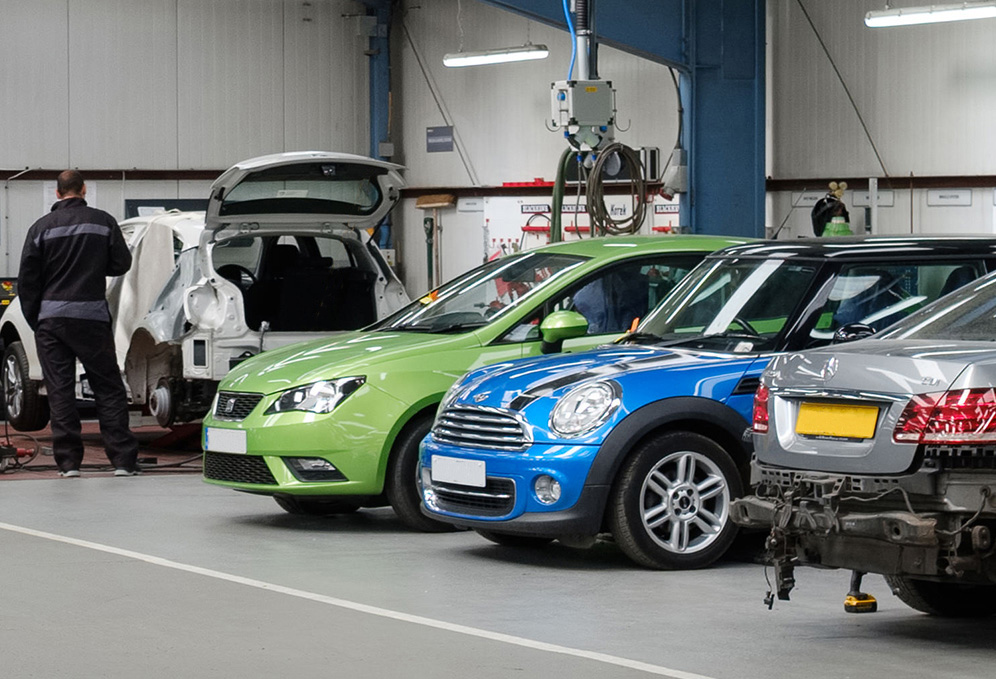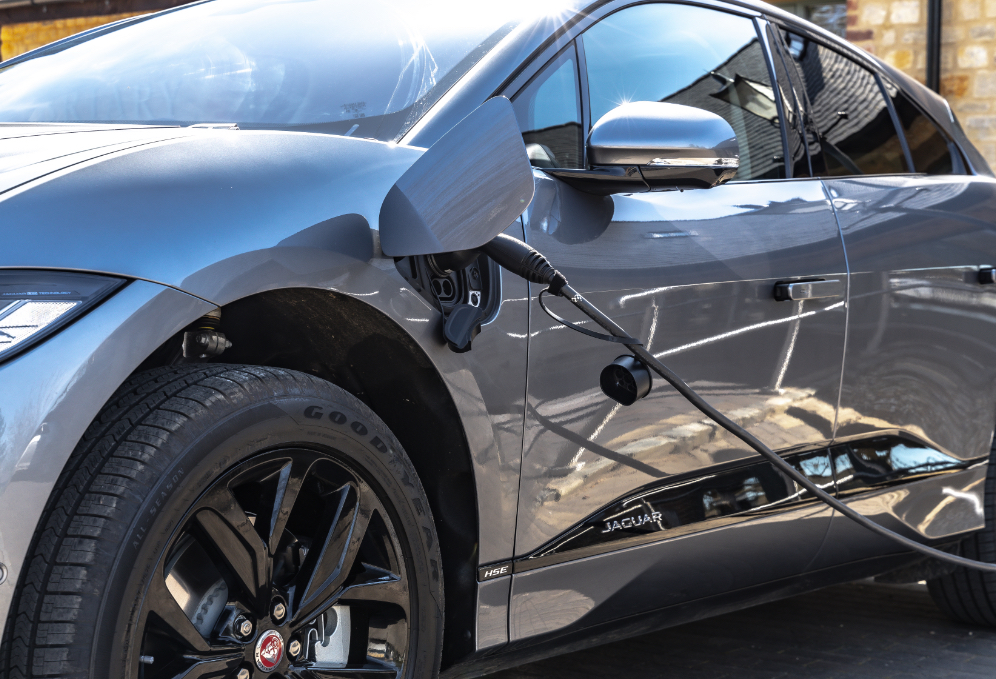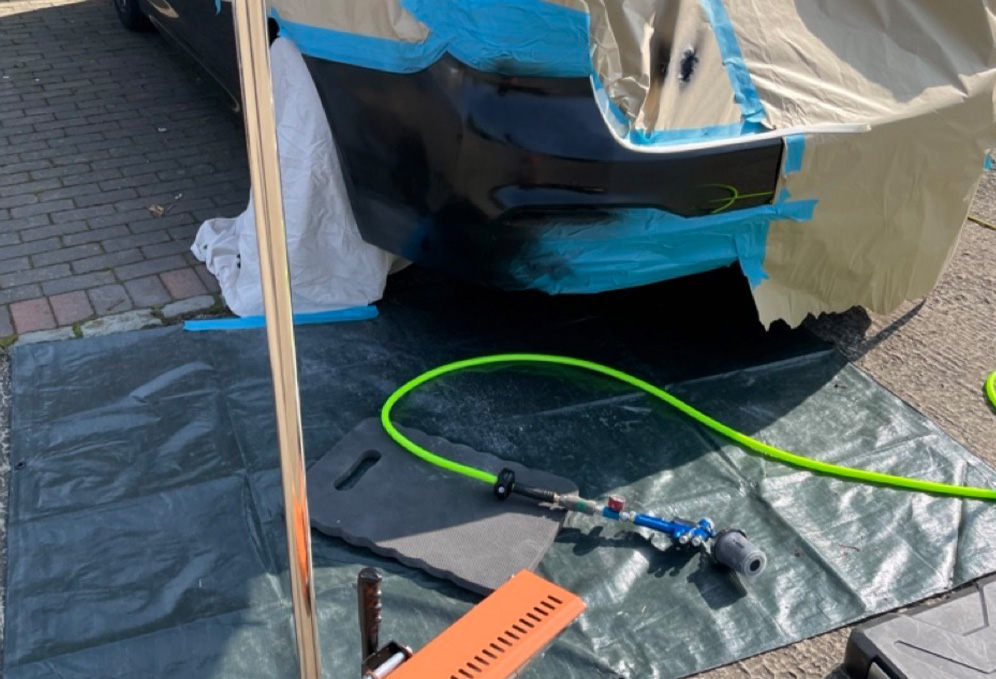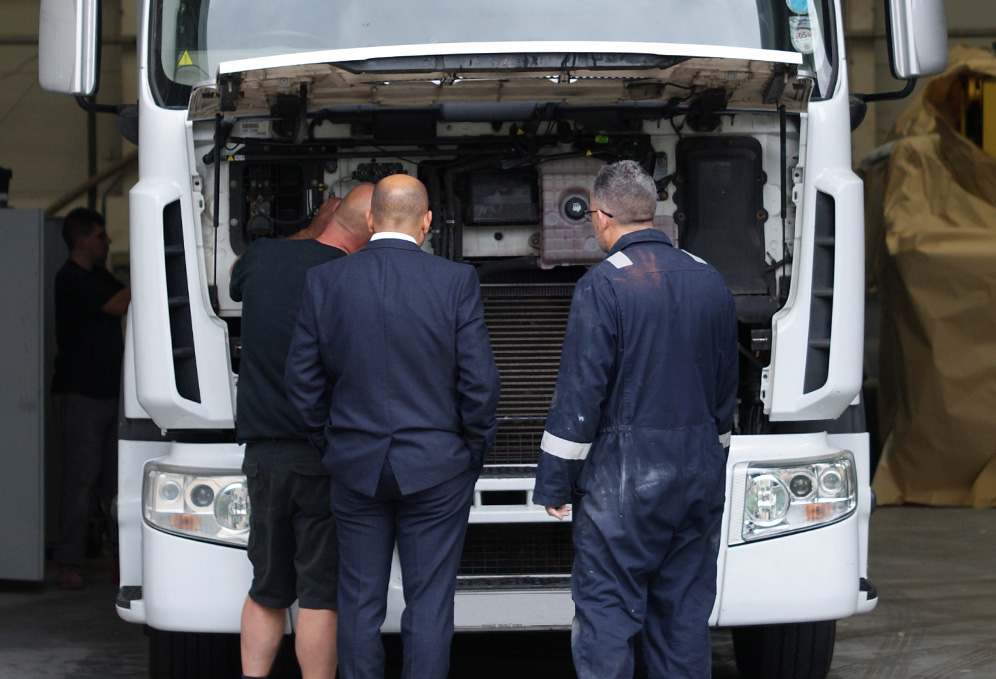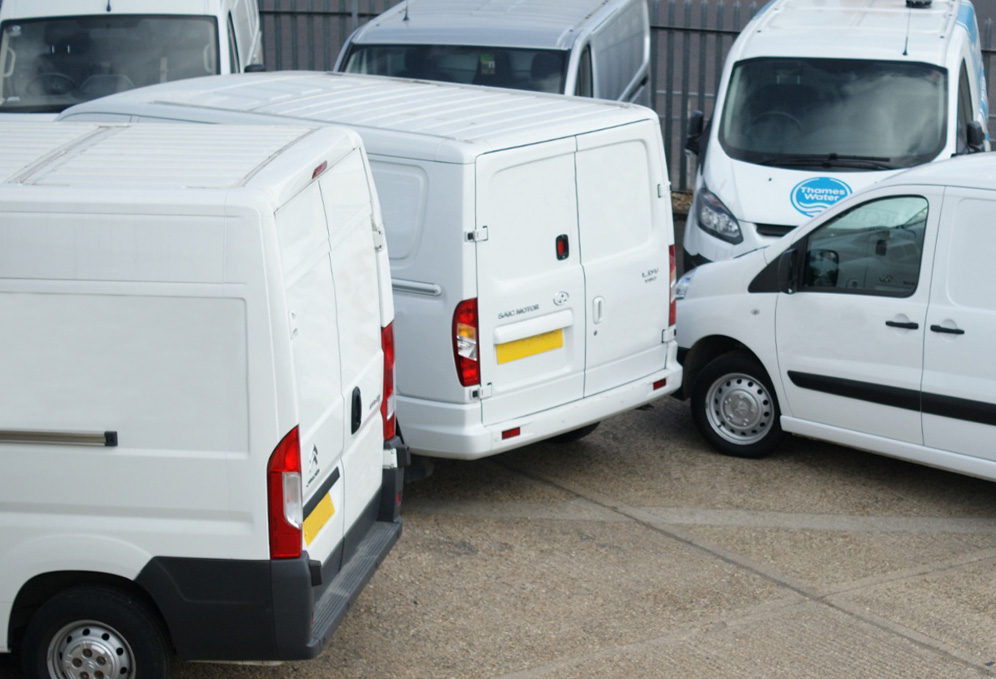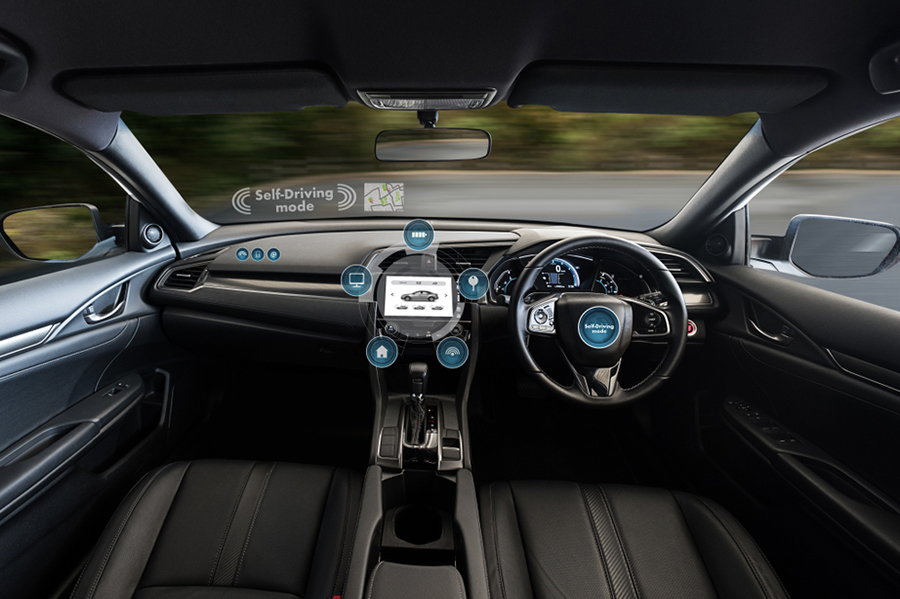
A Legal View On Autonomous Vehicles
Since a mention in King Charle’s III Speech in 2023, there’s been a lot more talk about driverless vehicles. As a multi-million industry, several influential companies, such as Google and Tesla, are developing the latest autonomous technology for self-driving cars and trucks. All with the intention of increasing road safety and efficiency whilst reducing our impact on the planet. However, what autonomous vehicles will really mean for the world when they’re finally ready for general use is something we need to examine closely.
The development of driverless vehicles hasn’t been without accidents, including one fatal incident that led to Uber ending their self-driving car operations in Arizona (although they will continue them elsewhere). Still, many experts predict that we will have fully autonomous vehicles within the next ten years, especially with the support of the Automated Vehicles Bill 2018. However, whilst innovation is speeding ahead, we need to slow down to examine what this means for insurance coverage, maintenance, and the rules of the road.
Autonomous Vehicle Insurance
The question of what autonomous vehicles mean for insurance coverage is one that needs to be finalised before they can be made available to the general public. If an autonomous vehicle is in an accident, who is liable? Is it the driver who wasn’t technically the driver, or perhaps the manufacturer? The Automated Vehicles Bill 2018 protects drivers, stating companies will be fined for accidents where the autonomous car is at fault. Drivers will still require compulsory product liability cover, but the likelihood is that manufacturers will self-insure, as Volvo has suggested they will do. Insurance policies must adjust to help with technical developments, software problems and even issues such as hacking.
Autonomous Vehicle Maintenance
Another essential issue to consider is how autonomous vehicles might be maintained. For example, current vehicle safety standards don’t include self-driving car requirements. They will need to be updated to cover automated systems and ensure they are tested thoroughly. In the UK, MOT services will need to embrace new rules. One of the main issues to consider is whether a vehicle with autonomous capabilities would be roadworthy if the autonomous systems weren’t working, but the vehicle could still be driven manually.
In terms of actual maintenance and repair, professional vehicle repairers will also have to consider how their jobs might change. Additional skills will be required to keep up with the software and services to ensure everything runs smoothly and safely.
Autonomous Vehicles On The Road
Of course, there’s also the issue of how autonomous vehicles and other vehicles around them should behave on the road. The Highway Code will still set out the rules for autonomous vehicles and their drivers, but some changes will likely be necessary. However, rather than tightening up the rules, it could allow some to relax. For example, it could be more efficient for autonomous cars to drive closer together.
It’s also important to consider the implications of having manual and autonomous cars on the road. Everyone isn’t immediately going to have an autonomous car, so we need to consider the interactions between people driving manually and those who are letting their self-driving vehicles do most of the work. Furthermore, we need to ensure a strategic and timely plan is in place so information about these new rules and changes is accessible and rolled out effectively.
Autonomous Vehicle Drivers or Users?
A big debate is whether the person behind the wheel of an autonomous vehicle is technically a ‘driver’ or just the car’s user. At this time, legally, you must have a driving licence to use a self-driving car with the intention that you can take over as an experienced driver if needed. However, at what point is it deemed necessary to switch from autonomous to human? If there’s an accident that the driver tried to prevent, who is at fault: the self-driving vehicle or the person in the driving seat? If we get to a stage where autonomous vehicles are safe to be used by anyone, will driving licences still be required, or will there be another type of qualification to ensure you’re insured?
Despite the advancement within the industry, there are still lots of unanswered theories. There are a few self-driving test vehicles around, but autonomous vehicles won’t be on the roads for the general public for at least another few years. In the meantime, plenty of practical, legal, and ethical questions remain to be covered. At National, we’ll stay on top of these developments to keep you in the loop.
